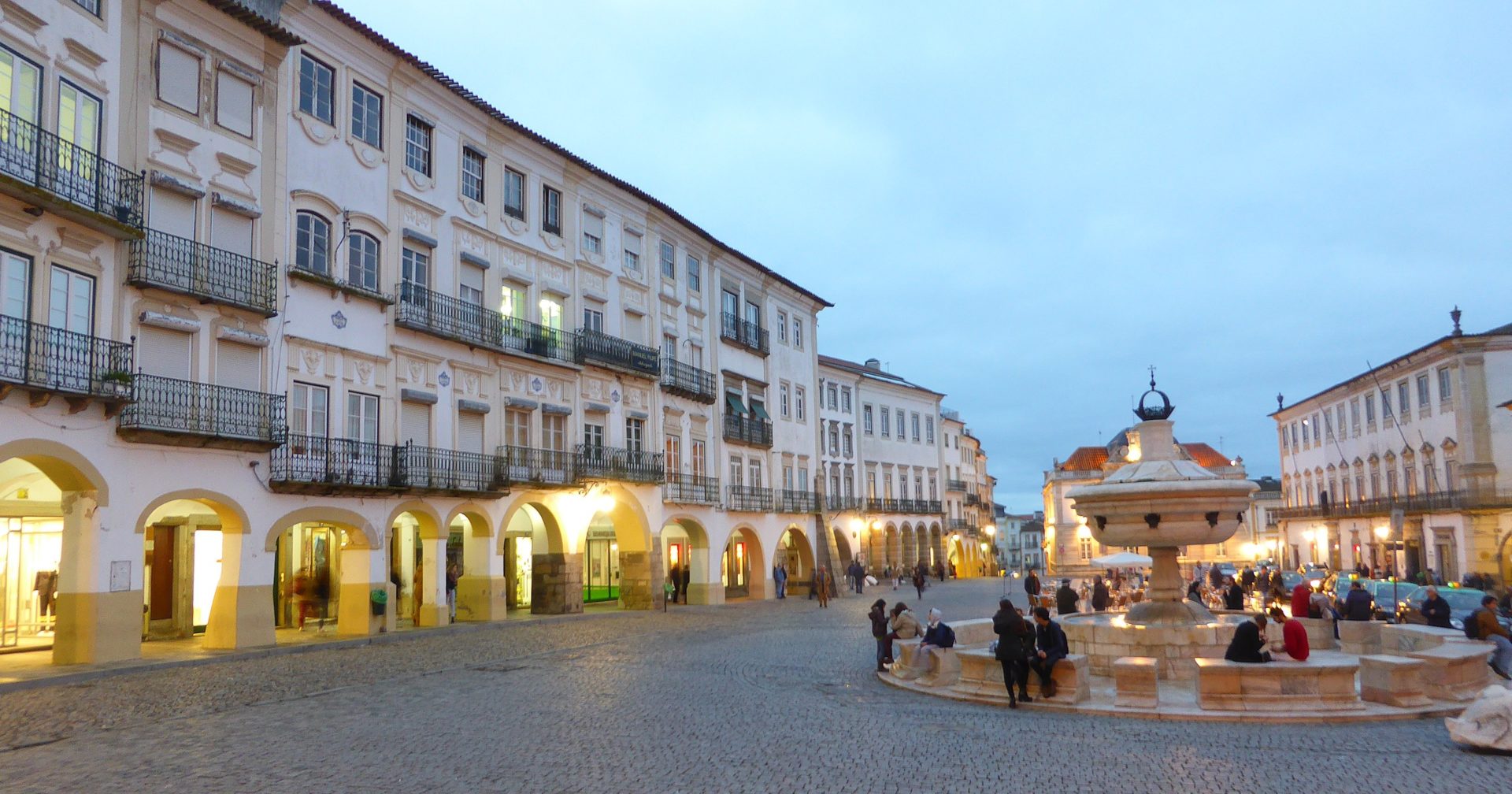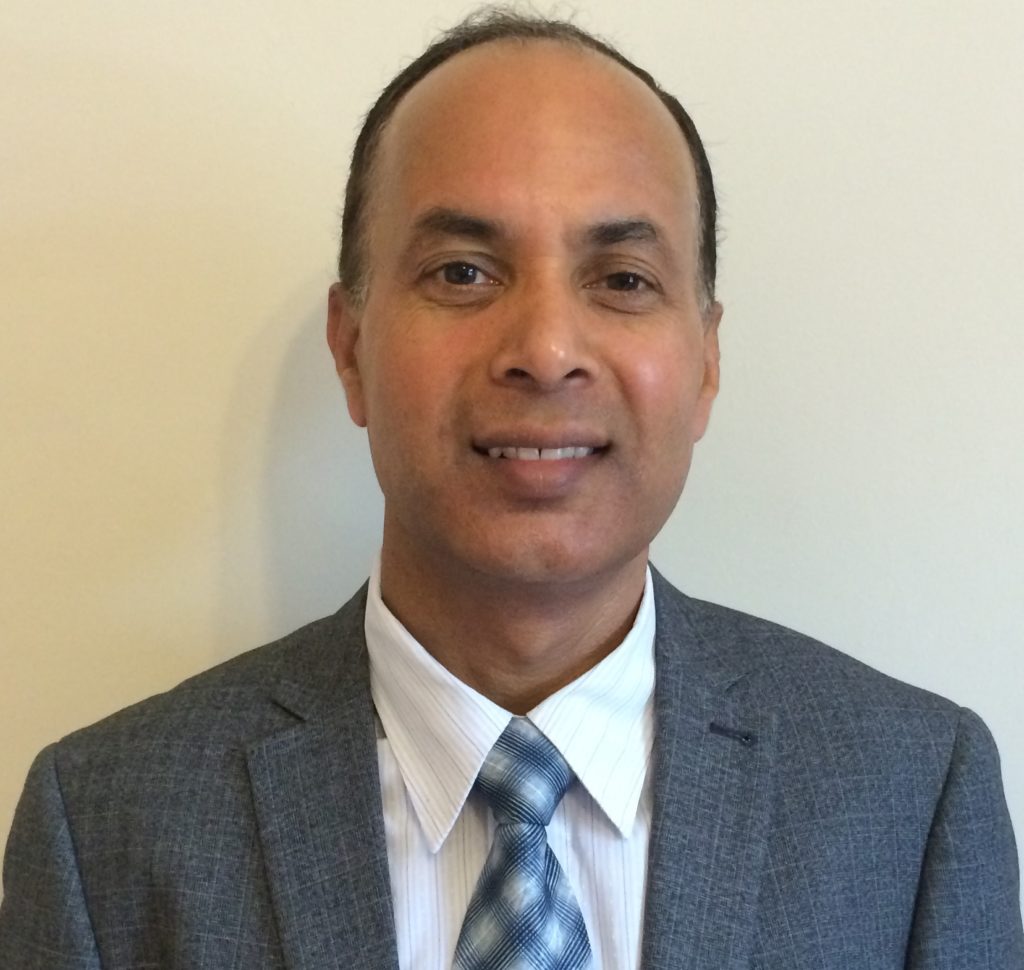
RECPAD 2021
27th Portuguese Conference on Pattern Recognition
RECPAD is the annual Portuguese Conference on Pattern Recognition, sponsored by APRP (Portuguese Association for Pattern Recognition). It is a one-day conference with an invited keynote speaker and poster sessions along the day.
RECPAD 2021 is organized by University of Évora will take place on November 5, 2021.

Invited Speaker
Keshav Dahal, University of the West of Scotland
https://research-portal.uws.ac.uk/en/persons/keshav-dahal
Title
Multi-objective search with evolving fitness functions for solving scheduling problems
Abstract
This talk will present some of the development in multi-objective approaches for solving complex scheduling problem. The first part of the talk will investigate multi-objective and weighted single objective approaches to a real world workforce scheduling problem. The computational experiments show that multi-objective genetic algorithms can create solutions whose fitness is close to that of the solution created by the genetic algorithms using weighted sum objectives even though the multi-objective approaches know nothing of the weights. In second part of the talk will discuss the variable fitness function approach to enhance the metaheuristic approaches by evolving weights for each of the multiple objectives. The results show that the variable fitness function approach improves the performance of constructive and variable neighbourhood search approaches on workforce scheduling problem instances.
Short Bio
Professor Keshav Dahal is a Professor of intelligent systems and the leader of the Artificial Intelligence, Visual Communications and Network (AVCN) Research Centre, University of the West of Scotland, Paisley, U.K. He received his Masters and Ph.D. degrees from the University of Strathclyde, UK. He also worked at the University of Bradford and the University of Strathclyde. His research interests lie in the areas of applied AI, trust and security modelling in distributed systems, Blockchain technology and scheduling/optimization problems. He has been principal investigator or co-investigators on more than 25 externally funded projects, and supervised over 30 PhD and postdoctoral researchers. He has published over 170 papers in his research fields with award winning publications and has sat on organizing/program committees of over 60 international conferences. He is a Senior Member of IEEE.
Call for Papers
RECPAD aims to promote the collaboration between the Portuguese scientific community in the fields of Pattern Recognition, Image Analysis and Processing, Soft Computing, and related areas, including, but not limited to:
• Statistical, structural, syntactic pattern recognition;
• Neural networks, machine learning, data mining;
• Discrete geometry, algebraic, graph-based techniques for pattern recognition;
• Signal analysis, image coding and processing, shape and texture analysis;
• Computer vision, robotics, remote sensing;
• Document processing, text and graphics recognition, digital libraries;
• Speech recognition, music analysis, multimedia systems;
• Natural language analysis, information retrieval;
• Biometrics, biomedical pattern analysis and information systems;
• Special hardware architectures, software packages for pattern recognition.
Download the pdf version of the call for papers HERE.
Important Dates
• Submission deadline: September 17 September 26
• Notification: October 8 October 18
• Camera ready/Registration deadline: October 15 October 25
• RECPAD 2021: November 5
Presentations
Poster presentations
You will have a space for A0 portrait poster (85 x 120 cm maximum). Velcro pads or pins will be provided for affixing posters to the display boards.
Oral presentations
Oral presentations of accepted papers should not exceed 10 minutes. To beware unexpected situations, we ask that you send the presentation (power point or pdf) using the structure ‘SubmissionID’_presentation to recpad2021@di.uevora.pt. In addition, you should bring an USB/flash Drive with the presentation.
Submission
The papers should be submitted via EasyChair. The submission is done in four steps: set up an account with EasyChair, enter a paper title and abstract, and finally upload your paper. Please be sure to read the formatting instructions. Some common questions about submission can be sent via the contact email. Submitted papers should be prepared according to the published specification for formatting and style.
Submit an article to RecPad 2021 HERE.
Formatting your paper
The authors are invited to submit papers in PDF format with not more than two (2) pages including results, figures and references, according to the formatting style. Papers which are overlength will not be reviewed.
Typesetting for review
Papers must be formatted for blind review and according to the following templates:
Registration
The registration is made through the Universidade de Évora’s event management system. The payment can be done by bank transfer or PayPal. To register, you must complete the following steps:
- Sign up in https://sge.uevora.pt/users/register (you will receive a confirmation email to finish your sign up);
- Log in in https://sge.uevora.pt and select the event “RECPAD 2021, 27th Portuguese Conference on Pattern Recognition”;
- On the right side of the page choose “Register” and then “Confirm registration”;
- Once your registration has been confirmed you will be shown the payment fees that apply;
- After the registration payment, select the “Confirm payment” option to upload your payment proof. (This step is not necessary if you use PayPal, since the registration is automatically validated).
Registrations fees
The registration fee is 55 euros and includes:
• Conference attendance;
• Certificate of attendance;
• Conference proceedings;
• Annual membership fee of APRP;
• Lunch;
• Coffee breaks.
Conference Program
08:45 Registration
09:15 Opening Ceremony
09:30 Poster Session I
10:30 Coffee Break
11:00 Poster Session II
12:00 Keynote talk by Keshav Dahal
13:00 Lunch Break / APRP meeting (starting at 13:30)
14:30 Poster Session III
15:30 Oral Session
16:30 Coffee Break / historic visit to University of Évora
17:15 Awards and Closing
Click HERE to download the detailed program.
You can download the proceedings HERE.
Best poster and oral session poll
To vote for the best poster use the following Google Form: https://forms.gle/wnPeRxBPEo2DjckF8
To vote for the oral presentation use the following Google Form: https://forms.gle/gDNARp65wgb7Srh96
Committees
Organizing Committee
• Teresa Gonçalves, Universidade de Évora
• Luís Rato, Universidade de Évora
• Pedro Salgueiro, Universidade de Évora
• Francisco Coelho, Universidade de Évora
• Miguel Barão, Universidade de Évora
• Eduardo Medeiros, Universidade de Évora
• Leonel Corado, Universidade de Évora
• Rute Veladas, Universidade de Évora
Scientific Committee
• Ana Rebelo, Universidade do Porto
• Ana Mendonça, Universidade do Porto
• António Anjos, Universidade de Évora (ECT)
• António Cunha, Universidade de Trás-os-Montes e Alto Douro
• Armando Pinho, Universidade de Aveiro
• Augusto Silva, Universidade de Aveiro
• Beatriz Sousa-Santos, Universidade de Aveiro, IEETA
• Bernardete Ribeiro, Universidade de Coimbra
• Carlos Ferreira, INESC TEC
• Catarina Silva, Universidade de Coimbra, CISUC
• César Teixeira, Universidade de Coimbra
• Diogo Pratas, Universidade de Aveiro
• Fernando Monteiro, Instituto Politécnico de Bragança
• Francesco Renna, Universidade do Porto (FCUP), Instituto de Telecomunicações
• Hélder P. Oliveira, Universidade do Porto
• Hugo Silva, Instituto de Telecomunicações
• Inês Domingues, Instituto Superior de Engenharia de Coimbra (ISEC), Centro de Investigação do IPO Porto
• Jaime Cardoso, Universidade do Porto
• Joana Costa, Institutol Politécnico de Leiria
• João Carlos Neves, Instituto de Telecomunicações
• João M.F. Rodrigues, Universidade do Algarve
• João Moura-Pires, Universidade Nova de Lisboa (FCT)
• João Sanches, Universidade de Lisboa (IST), ISR
• Joel P. Arrais, Universidade de Coimbra
• Jorge Oliveira, Instituto de Telecomunicações
• Jorge Santos, ISEP
• Jorge Torres, Instituto de Telecomunicações
• Jorge S. Marques, Universidade de Lisboa (IST), ISR
• Jose Saias, Universidade de Évora (ECT)
• José Manuel Fonseca, Universidade Nova de Lisboa (FCT)
• Jose Silvestre Silva, Academia Militar
• Lio Goncalves, Universidade de Trás-os-Montes e Alto Douro
• Luis Teixeira, Universidade do Porto (FEUP), INESC TEC
• Luis Rato, Universidade de Évora (ECT)
• Luís A. Alexandre, Universidade da Beira Interior, Instituto de Telecomunicações
• Mário Antunes, Instituto Politécnico de Leiria, INESC TEC
• Miguel Barao, Universidade de Évora (ECT), INESC-ID
• Nuno Rodrigues, Instituto Politécnico de Leira (ESTG), Instituto de Telecomunicações
• Paulo Salgado, Universidade de Trás-os-Montes e Alto Douro
• Pedro Salgueiro, Universidade de Évora (ECT)
• Pedro Pina, Universidade de Coimbra
• Pedro Jorge, Instituto Superior de Engenharia de Lisboa
• Petia Georgieva, Universidade de Aveiro
• Rui Neves-Silva, Universidade Nova de Lisboa (FCT)
• Teresa Goncalves, Universidade de Évora (ECT)
• Verónica Vasconcelos, Instituto Superior de Engenharia de Coimbra (IPC)


